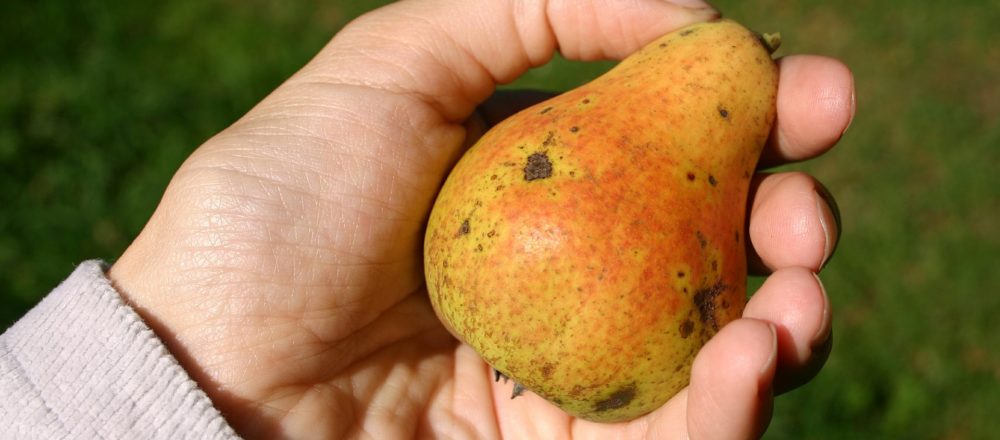In Thailand there are ghost ships
filled to the brim with migrant
men from Burma and Cambodia
bought and sold to the sea
like animals for as little as £250.
Twenty-hour days spent tripping
on nets and methamphetamines,
slipping in fish guts and fitful naps,
barefoot and shirtless, invisible.
Contorted calloused fingers cull
trash fish—infant fish, inedible
fish—for fishmeal, food for farmed
prawns. They feed the need for cheap
seafood, a multi-million dollar export
industry, on a daily ration of rice.
Too ill to work thrown overboard,
a disposable commodity. Once a man
was tied, I heard, limb by limb
to the bows of four boats and pulled
apart like a wishbone.
That couldn’t happen in a lucky country.
In the forests of northeast India
children slave underground, largely
in illegal mines for mica, a mineral
noted for reflection and refraction
of light, used in pearlescent pigments
in paint for luxury cars, and in shimmery
cosmetics. Children as young as four
scrape silicate flakes from walls
with sharpened sticks and carry
back-breaking loads through slippery
tunnels. Above ground, young girls
squat barefoot in clouds of glitter,
like figures in a souvenir snow globe,
sorting mica from debris, weathered
faces caked in dirt. They suffer snake
bites and skin infections, silicosis
tuberculosis, collapsing slag heaps.
Whole families are bonded to the mines,
by grinding poverty and debts owed
with interest.
That wouldn’t happen in a lucky country.
In Australia migrant workers on 417
visas, work in low-skilled jobs
on farms picking and packing produce,
and in factories for meat and poultry
at a relentless pace for as little as
$3.95 an hour, cash in hand,
no documentation, wages stolen
by unscrupulous middlemen.
An underclass routinely harassed,
assaulted, not allowed to go to the toilet,
Trapped in a web of deceit and
exploitation. They sleep in dog beds
and in barns, shipping containers,
and overcrowded share houses.
Farmers who play by the rules
and pay correctly are dropped by fast
food giants and supermarkets.
“Buy Australian,” we are told.
We care where our food comes from;
we don’t question how it got there.
That shouldn’t happen in a lucky country.


